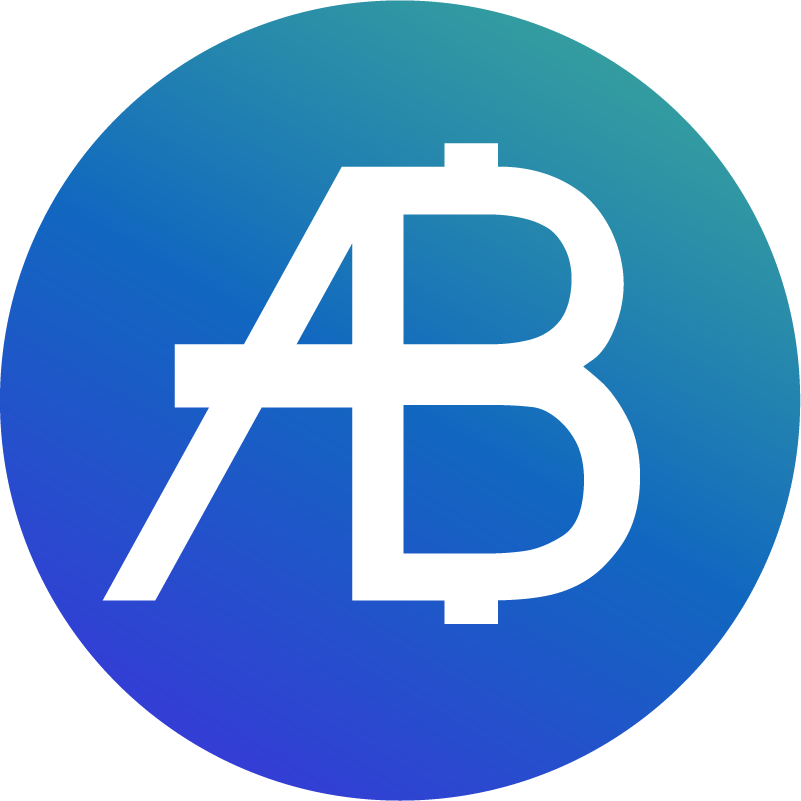CSR Plastic Credit Token: Changing Environmental Responsibility

CSR Plastic Credit Token: Changing Environmental Responsibility
In an era where sustainability is more than just a catchphrase, companies around the world are grappling with their environmental footprints. Plastic pollution, in particular, has emerged as a pressing global challenge. Enter the CSR Plastic Credit Token—a groundbreaking innovation that promises to redefine how we address environmental responsibilities. Combining the traits of cryptocurrency with the urgency of ecological conservation, these tokens are not just reshaping the financial dynamics of corporate social responsibility (CSR) but also setting a new standard for environmental accountability.
Concept Introduction
The CSR Plastic Credit Token is a revolutionary concept that integrates blockchain technology into the environmental sustainability framework. At its core, this token acts as a digital asset that quantifies and represents the reduction of plastic waste. Companies or individuals can purchase these tokens to offset their plastic footprint, thereby contributing to environmental conservation efforts. Blockchain ensures that the entire process remains transparent, traceable, and tamper-proof—qualities that are indispensable in today’s accountability-driven world.
Historical Background or Origin
The idea of carbon credits—a system where industries offset carbon emissions by purchasing credits—has been around for decades. However, the CSR Plastic Credit Token takes inspiration from this model and pivots the focus towards plastic waste, a burgeoning concern in the sustainability sector. With the world's oceans choked with plastic debris and landfills reaching capacities, innovators saw the urgent need for a paradigm shift in addressing plastic pollution. Thus, the CSR Plastic Credit Token was born, leveraging blockchain's immutable ledger to foster a new form of ecological accountability.
Working Mechanism
Blockchain Integration
The magic of CSR Plastic Credit Tokens lies in their underlying technology—blockchain. Using decentralized ledger systems, transactions involving these tokens are recorded with precision and transparency.
Quantifying Plastic Credit
Tokens serve as certificates of plastic waste reduction; each token equals a specific amount of plastic that has been safely collected, recycled, or disposed of. Organizations participating in this ecosystem work on activities aligned with pollution reduction, verified and audited by third-party agencies to confirm the legitimacy and impact.
Token Acquisition and Trading
Just like other financial instruments, CSR Plastic Credit Tokens can be traded. Companies can acquire tokens to meet their sustainability goals, reducing their reported plastic footprint. The surplus tokens can be traded, adding an economic incentive for companies to participate actively in plastic waste reduction endeavors.
Benefits or Advantages
Encouraging Sustainable Practices
CSR Plastic Credit Tokens incentivize companies to adopt green practices by aligning environmental benefits with financial incentives. This dual advantage encourages businesses to rethink practices that lead to excessive plastic waste.
Transparency and Trust
With blockchain’s immutable record-keeping, all transactions involving the tokens are transparent and verifiable. The assurance this provides is invaluable in a marketplace increasingly plagued by greenwashing.
Global Impact
These tokens contribute to real-world environmental impacts. By effectively assigning financial value to plastic waste reduction, entities around the globe can collaborate in efforts to reverse the damage caused by plastic overproduction.
Community and Corporate Involvement
Involving various stakeholders, these tokens foster community engagement, bringing together corporations, NGOs, consumers, and environmental enthusiasts in a combined effort to tackle plastic pollution.
Conclusion or Future Outlook
The CSR Plastic Credit Token stands as a beacon of hope in our collective endeavor to repair the planet. As companies integrate these tokens into their CSR strategies, the future appears promising for combating plastic pollution. While challenges remain, such as widespread adoption and regulatory barriers, the potential of CSR Plastic Credit Tokens to transform environmental responsibility is boundless. Expect this paradigm to evolve, ushering in the next era where economic growth and environmental sustainability harmonize beautifully. By encouraging shared responsibility, we pave the way for a cleaner and more sustainable future for generations to come.
Latest articles
See moreAbout author
I'm CryptoBridge Communicator, a bilingual builder bridging the crypto world between English and German. I excel at dissecting the economic models of DeFi protocols, the liquidity challenges in the NFT market, and the impact of EU digital wallet regulations on the industry in both English and German. Having participated in a cross-border blockchain payment project for banks in Frankfurt and explored community governance and incentive mechanisms of DAO organizations in New York, I'll showcase the differences and commonalities of blockchain technology in the European and American markets from a bilingual perspective.























